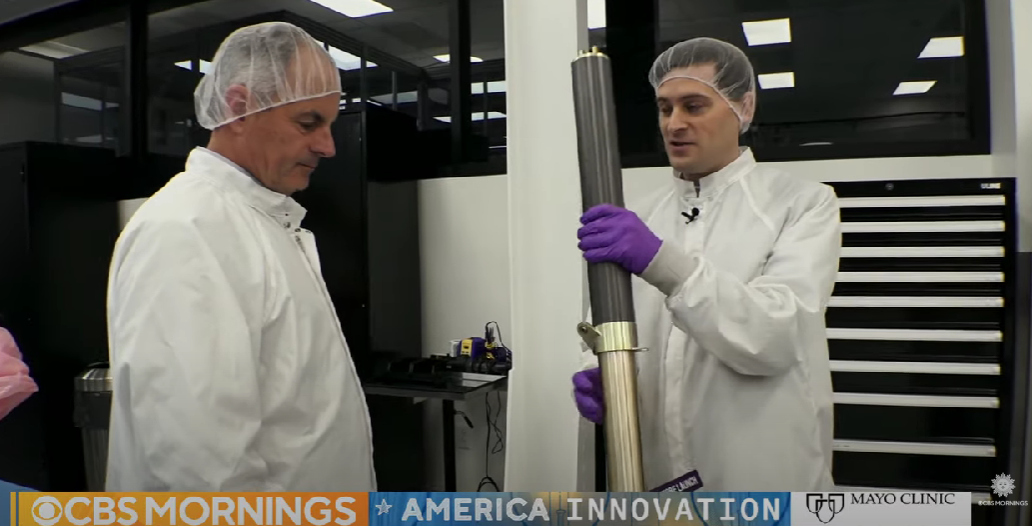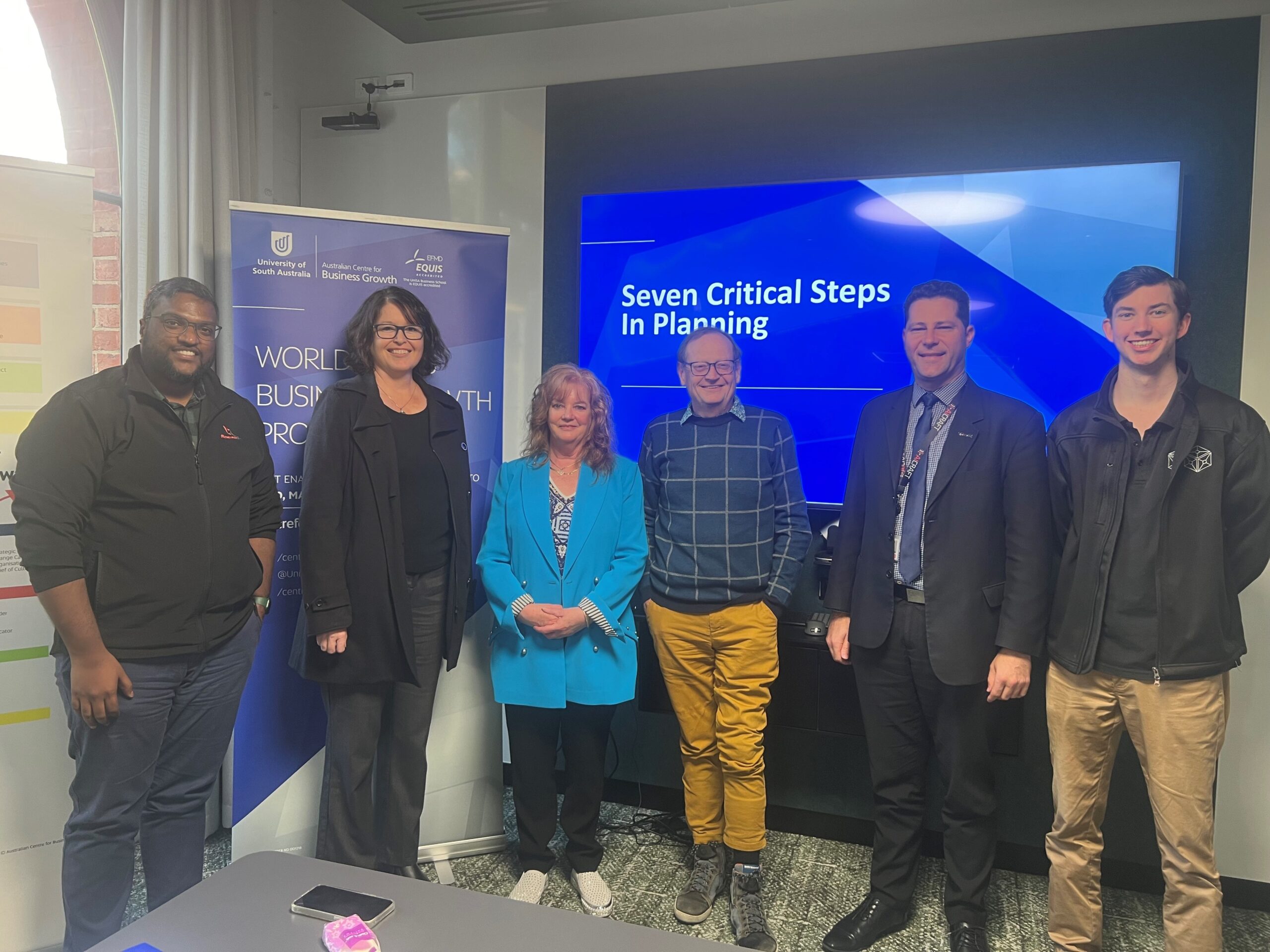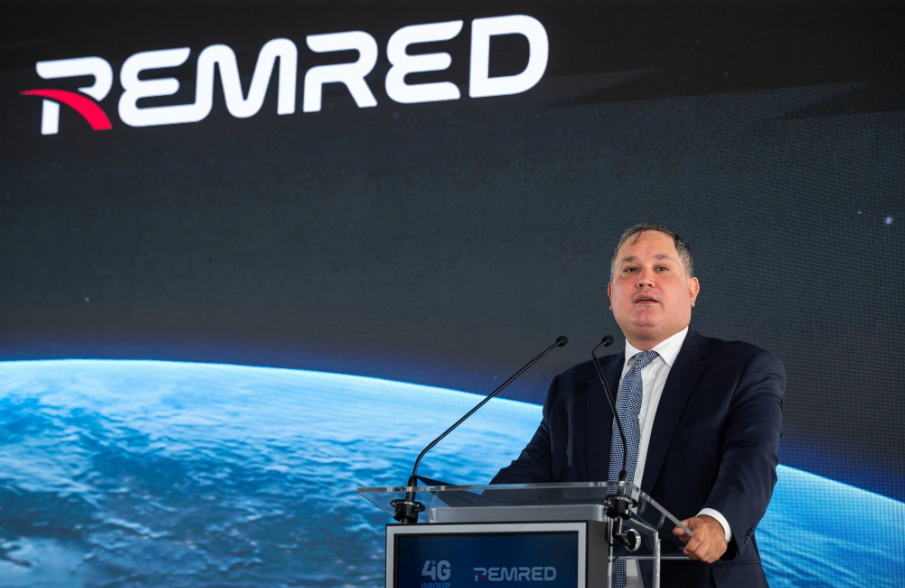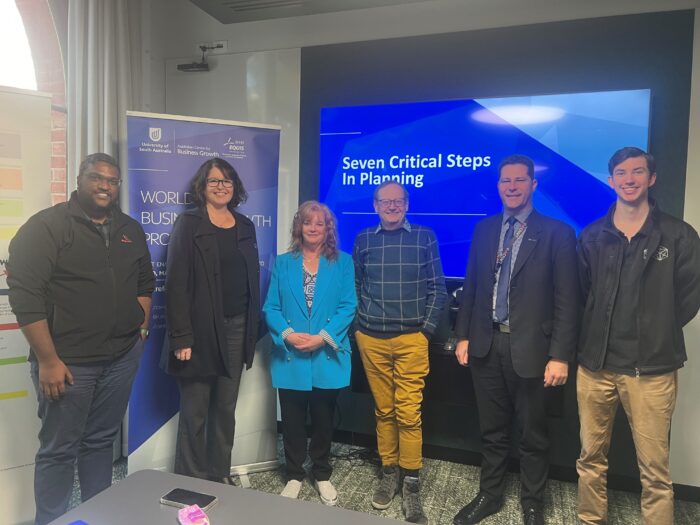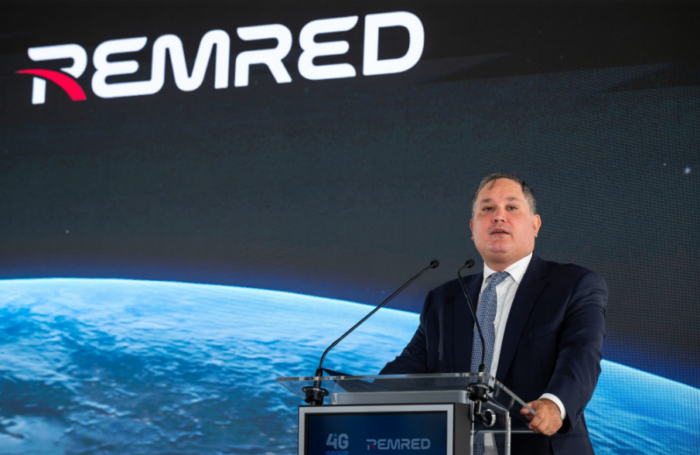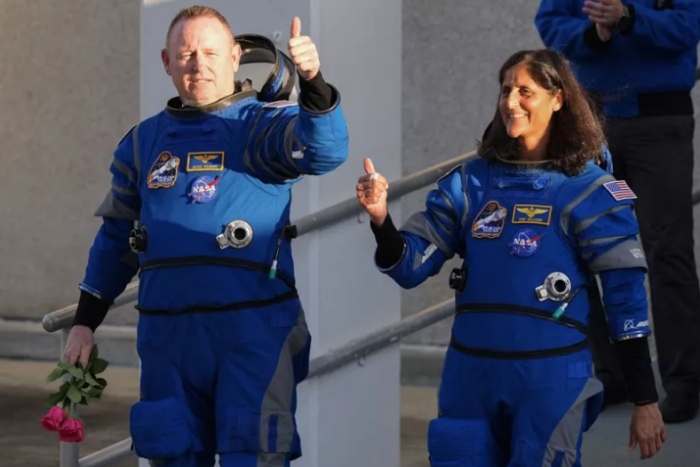Two startups — Intuitive Machines and Astrobotic — are set to launch the first of what they hope will be a fleet of lunar landers touching down on the moon’s surface in the coming months. To put how important this is in a historical context, there have only ever been three countries to accomplish this, never mind a company.
As part of CBS Mornings’ “American Innovation” series, Mark Strassmann reported this month on Intuitive Machines and Astrobotic and how they are helping the US get back to our natural satellite.
Intuitive Machines

A Houston-based company, founded in 2013, Intuitive Machines is reestablishing the US’s dominance in space. As part of its lunar program, the company will send the first American spacecraft to the surface of the moon since the Apollo program, as well as the first spacecraft to reach the lunar south pole.
Intuitive Machines went public in February which is a signal that there is a lot of money to be made in space.
Stephen Altemus, Co-founder and CEO at Intuitive Machines, intends to deliver cargo to the moon.
“We’re delivering scientific payloads, engineering demonstration payloads but not the humans themselves,” Altemus went on, believing that the moon is certainly the next step for space exploration. “It’s within our grasp. Let’s go get it.”
It is NASA’s mission to send astronauts back to the moon through the Artemis mission. In this, Altemus can see a market for lunar deliveries for NASA, private companies and scientists as its customers.
In addition to building a fleet of lunar landers, his company wants to launch them annually to deliver them to the lunar surface.
The first, called Nova-C, plans to deliver cargo to the moon’s South Pole later this summer.
“Lunar services,” said Altemus, “that’s about $100 billion market and so it was enough for us to say, ‘we’re all in’.”
Astrobotic is another company revolutionizing space exploration.
Astrobotic
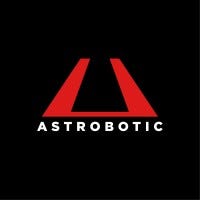
Based out of Pittsburgh, Astrobotic develops advanced navigation, operation and computing systems for spacecraft, and its fleet of lunar landers and rovers deliver payloads to the moon for companies, governments, universities, non-profits, and individuals.
Founded back in 2007, Astrobotic is currently fully funded for two lunar lander missions, and has more than 50 NASA and commercial technology contracts in place.
Its first lander, Peregrine, will carry 21 payloads to the lunar surface, as well as a rover built by Carnegie Mellon University students along with five instruments for NASA. Peregrine can carry roughly 45 kg of cargo. Meanwhile, the much bigger Griffin, the company’s second lander, can carry 450 kg.
“Right now, NASA is the primary customer, over time we see commercial coming online in a bigger way and right now we actually can sell directly to consumers who want to send things to the surface of the moon,” said John Thornton, CEO at Astrobotic.
Thornton, however, warned that nothing is guaranteed in space, and failure is a reality:
“All we can promise our customers as we are putting everything we possibly can into these missions to make them as safe and successful as they can be,” he said, aware that past attempts by spacecraft to land on the Moon haven’t always gone to plan.
“Just land softly that’s the key,” said Altemus. “If you bounce and you stay upright, that might be okay.”
CBS Mornings’ Strassmann stated that for a successful touchdown, the lander’s engine has to perform.
From behind a blast wall, the CBS journalist and Altemus witnessed Intuitive Machines conduct a test fire of one of its lunar engines.
On the descent, Stassmann noted, the main engine needs to fire for eight straight minutes and throttle down for a soft landing, while adding that NASA plans to spend US $2.6 billion over the next decade buying delivery services, highlighting the fact that there are some 14 other American companies building lunar landers.
“Right now, we have routine regular access to the skies. I think by decade’s end, we’ll have routine regular access to the Moon,” said Thornton.
Featured image: CBS Mornings’ Mark Stassman with John Thornton, CEO at Astrobotic, at the company’s factory. Credit: CBS Mornings “American companies building lunar landers, ready to commercialize moon”
If you found this article to be informative, you can explore more current space news, exclusives, interviews and podcasts here.
Share this article:
